Self Care: Sleep
As I continue to age, the words self and care are rising in importance. The way people age fascinates me. Why are some 80 year olds biking across the U.S., when others need 24-hour care? What can we do to age more gracefully and graciously? None of us ever want to be a burden to our families, but I feel that there has been a shift where we expect others to be responsible for our health and well-being. It’s all really up to us.
Ask my husband..I am constantly saying “Gee, I don’t want to age like that”, especially if I am overhearing a senior citizen complaining incessantly about something. Or those who only talk about their ailments. So I thought it might be a good idea to start a series on Self Care. This is mostly for me because I need to learn more and research ways to be better at aging. And I thought I could do the leg work and then share it with you! Let’s get started.
Americans aren’t sleeping.
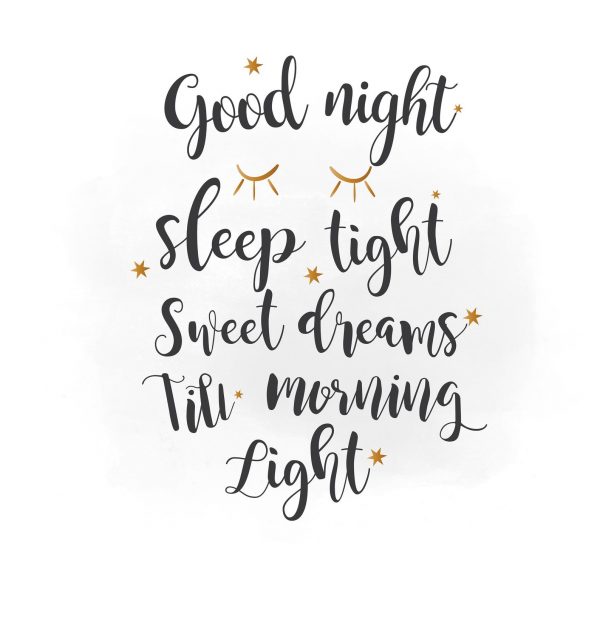
Here are some statistics~I didn’t find them surprising because they are in alignment with my sleep patterns. My only reason for not sleeping is that I’m the type of person who processes EVERYTHING at night. That’s why I stopped watching the news. But the minute I stress or worry about something it shows up after my head hits the pillow.
- ⅓ of U.S. adults don’t get enough sleep
- 164 million people suffer from sleep issues at least 1x/week
- 70% of American adults report that they obtain insufficient sleep at least 1 night/month (with 11% reporting insufficient sleep every night)
Stages of Sleep
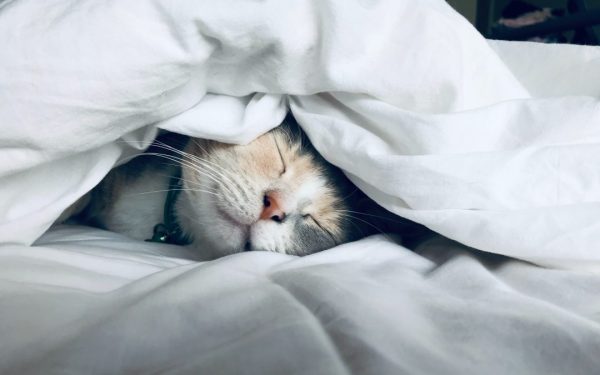
We all know there are stages of sleep, but did you realize you cycle through these stages 4 to 5 times a night? According to Proper, the duration and purpose of each stage differs, as does the “type.”
The stages are divided into non-rapid eye movement sleep (NREM sleep or non-REM sleep), which is known as quiet sleep, and rapid eye movement (REM) sleep, which is more active.
- In stage 1, which lasts 5-10 minutes, your brain activity begins to slow down. Although muscle twitches can occur, for the most part muscles are relaxing as your brain releases theta and alpha waves. Think of this as the “portal” into sleep.
- During stage 2, which lasts 10-15 minutes, your core body temperature drops and muscles are fully relaxed. It’s a deeper sleep state than N1, but you can still be awoken during this time without heavy stimulation. This stage is particularly important for the consolidation of memories and, after passing through it multiple times, accounts for about 50% of your entire night.
- Stage 3 (20 – 40 minutes) is for deep sleep, during which time it’s difficult to wake up. This is when you get “delta sleep” or “slow-wave sleep” (SWS).
- Finally, REM sleep, which lasts 10 minutes for the first cycle and up to 90 minutes later on, is when brain waves are far more active—it’s the prime time for dreams to occur and benefits cognitive functions like memory consolidation, creativity, and learning.
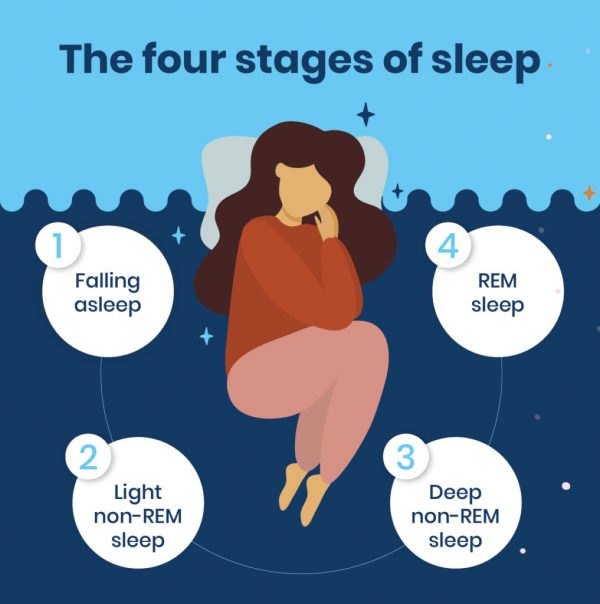
The progression of sleep stages generally goes from N1 → N2 → N3 → REM, although there is more time spent in N3 sleep the first half of the night and it tends to diminish the second half. Also, REM sleep is shorter the first half of the night and increases in duration the second half. This cycle repeats 4-5 times throughout the night.
N1 → N2 → N3 → REM (multiplied by four or five)
Without a full night’s sleep, you could be cutting your share of REM sleep short.
How Much Sleep Do you Need?
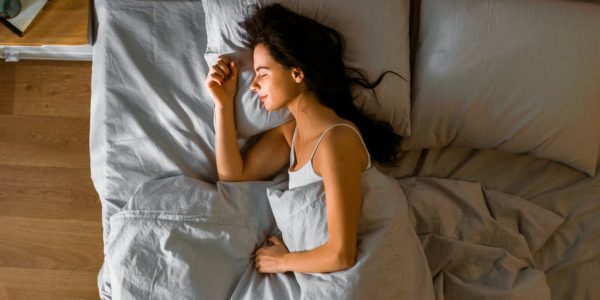
The American Academy of Sleep Medicine and the Sleep Research Society recommend that adults aged 18–60 years sleep at least 7 hours each night to promote optimal health and well-being. Sleeping less than seven hours per day is associated with an increased risk of developing chronic conditions such as obesity, diabetes, high blood pressure, heart disease, stroke, and frequent mental distress.
Getting Ready for Bed
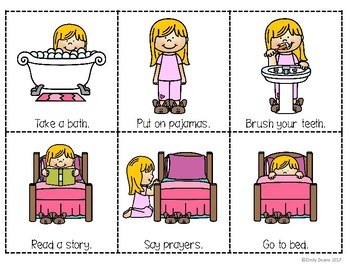
Setting rituals to get yourself mentally prepared for sleep are important. Humans are creatures of habit and habits help our brain recognize when it is time to sleep.
This was put into action when our children were little. The routine was the same every night. Even the song I sang to them before bedtime would not be sung any other time of day. And of course, in special circumstances, they would request Mommy Magic Sleepy Milk. I can’t tell you the ingredients because to this day, I don’t think they know what I put in it (nothing illegal!) Anyway, here’s a list of rituals you may consider:
- Decide on a Bedtime
- Leave the electronics alone
- Have a light snack or bedtime tea
- Take a warm bath
- Listen to music
- Stretch, breathe and relax
- Practice meditation
- Read a good book
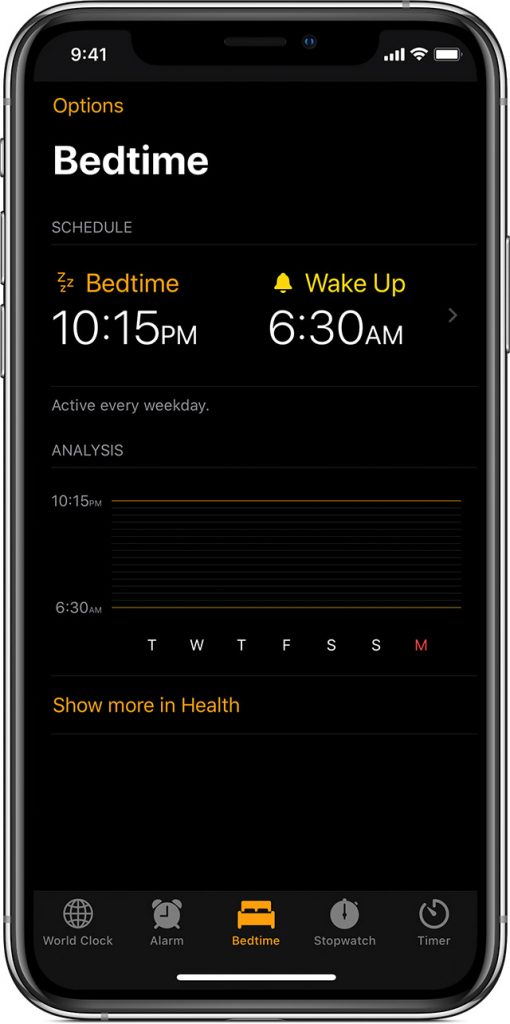
On my iPhone is a Bedtime alarm that alerts me at 9:30 p.m. I am one of those people that still has a million things to do before bed so it takes me a good hour to finally get upstairs and start my evening toiletry ritual (wash face, brush teeth, moisturize, etc.).
Keeping the phone on the nightstand is something I would like to change but that’s where it is plugged in and charging overnight. These may be moved to a drawer where I don’t see them or are exposed to them.
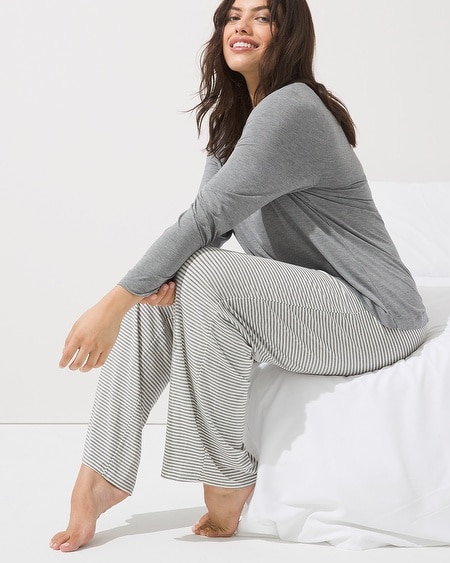
After putting on comfortable pajamas, I get in bed, stretch and then read a good book…nothing too heavy or controversial. I’d like to think of it as brain candy.
Evaluating Your Sleep Environment
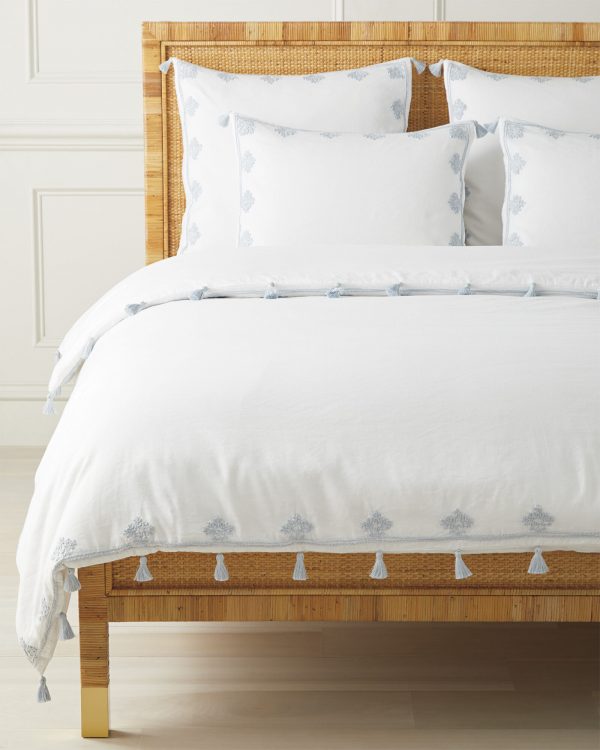
A good night’s sleep can require everything from the practical (a cool, comfortable pillow) to a deep sense of calm and peace of mind. Is your environment noisy? Bright?
My son loves to sleep in a room with blackout curtains. I love our bedroom because it doesn’t have any window coverings (but the windows are facing south and west). Find out what works for you. If your sleep space is cluttered or unorganized, take the time to make it a very special place just for you.
Who doesn’t love soft, luxurious linens? Or a fluffy down comforter? I believe that these items are so worth investing in. Think about it..you are in bed 7-8 hours a night. Your surroundings should be lovely. You deserve it.
Foods that Support Better Sleep
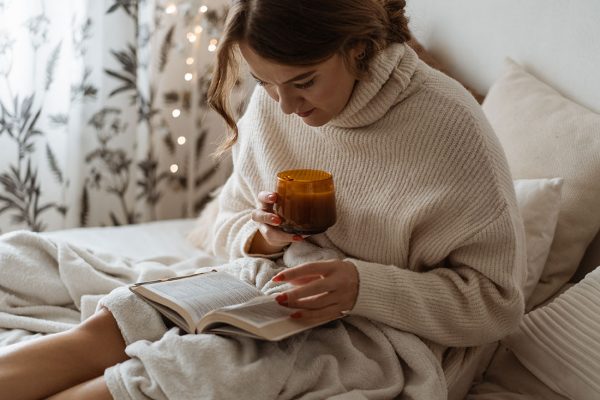
According to an article recently published by Martha Stewart, food does play a role in how soundly you rest at night.
Here’s a list to consider:
- Nuts and Seeds~almonds, cashews, pistachios and walnuts offer natural sources of melatonin and tryptophan. Plus they are filled with magnesium. Seeds such as flax, pumpkin and sunflower also have high levels of tryptophan(the same amino acid in turkey which is why we all need a nap after Thanksgiving dinner!)
- Dairy and Milk~drinking warm milk, snacking on plain yogurt or eating cottage cheese also include tryptophan.
- Fruits~ bananas can improve sleep quality as they contain magnesium, potassium and tryptophan. Kiwi and tart cherries or cherry juice also have natural sources of melatonin.
Foods that Disrupt Sleep
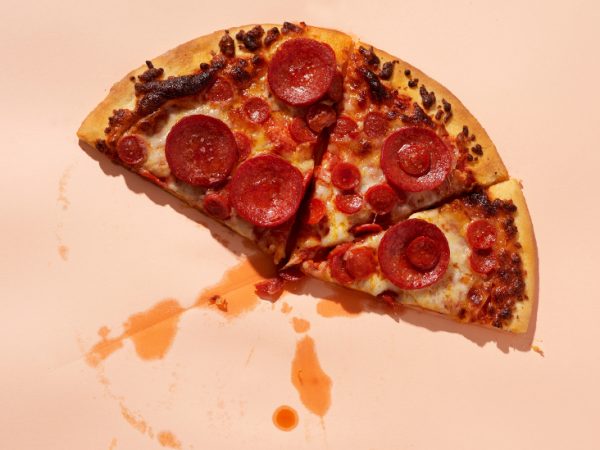
- Processed foods with high amounts of carbs and sugar
- Greasy and spicy foods as they cause bloating and indigestion
When to Eat before Bed
The recommendation is to finish snacking at least 3 to 4 hours before tucking yourself in. Always avoid alcohol before bed. Even though a glass of wine, beer or liquor can help you relax, it does impact sleep quality.
Sleep Aids
Studies show that white noise can aid in better sleep. There are white noise machines of varying prices that you can find here. Or if you have a smart phone, according to Consumer Reports, there are apps that precisely match the sounds produced by the machines. So if listening to ocean tides, soft rain, and purring cats will help you nod off, then check out myNoise app or White Noise Free Sleep Sounds app.
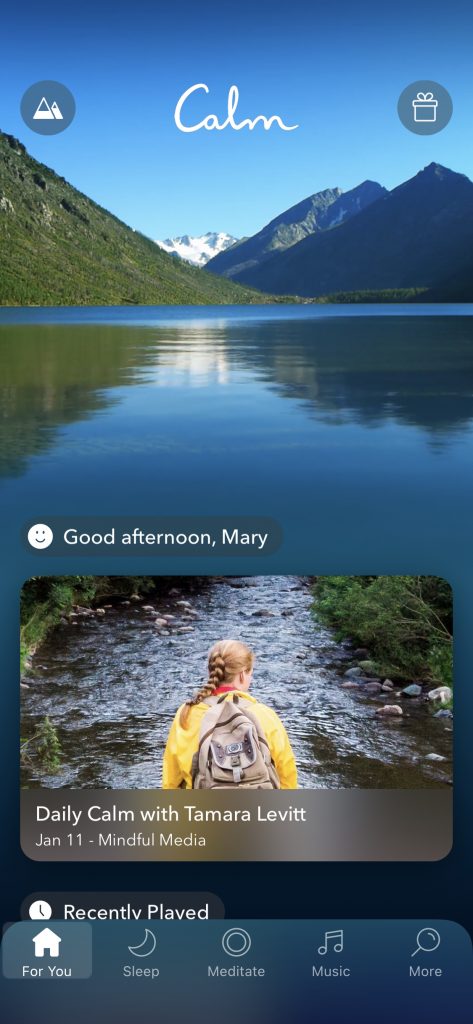
I subscribe to the Calm app. In addition to all the white noise selections you can make, they also have wonderful sleep stories and meditation exercises. I’ve yet to stay awake for an entire story (lasting 25-50 minutes), but it’s nice to get lulled to sleep by a soothing reader’s voice.
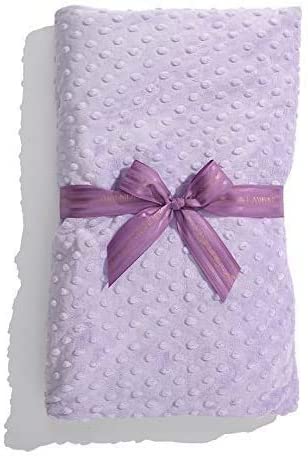
Lately, since it’s been a bit chilly at night, we are heating up these wonderful, small weighted blankets in the microwave just before bed. Then I slide this little toasty morsel in between my sheets while I clean up for bed. The combination of climbing into warm sheets, the weight of the blanket and the smell of lavender, is SO relaxing.
For Christmas, my daughter bought me a new one. It’s 44″ x 18″ and not bulky, so it’s easy to kick off in the middle of the night. And you can buy it here.
Supplements
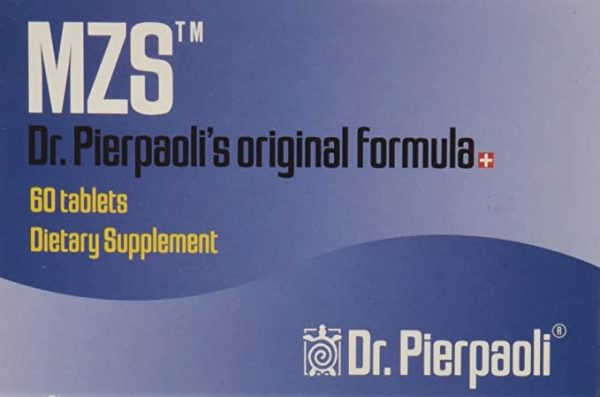
Before you take any new supplements, please consult with your physician.
In researching the information in this post, I found a company Proper Labs, who claims “we’ve got sleep down to a science”. This website has an abundant amount of information and uses a holistic approach to sleep. They have many natural, PhD-developed daily sleep supplements that are apparently tailored to your unique needs.
I take a supplement that consists of 3 mg. of melatonin, 8.7 mg of zinc and 50 mcg of selenium every night between 10:00 and 11:00 p.m. Made in Italy, it has been designed to produce a night peak of melatonin between 1:00 and 3:00 a.m. to mimic the natural behavior of the pineal gland You can find it here on Amazon.
Do you have any sleep rituals you would like to share? My goal in 2022 is to not worry as much and increase the quality of my sleep. I know when I don’t sleep well, I look older. Yikes. Please share any good sleeping tips you have. We’re all in this together.
Have a wonderful Wednesday and a sleepy night!

Just a reminder that any words that are italicized bring you to the source. If it is a product on Amazon, please note that I am an Amazon Affiliate. If you purchase something through my website, I receive a small (very small!) stipend, which doesn’t affect the price you pay at all. My goal is to make sourcing the items easy for you. Thank you for your continued support.
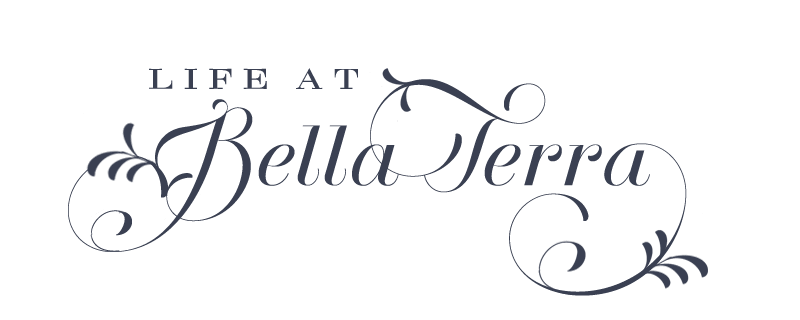
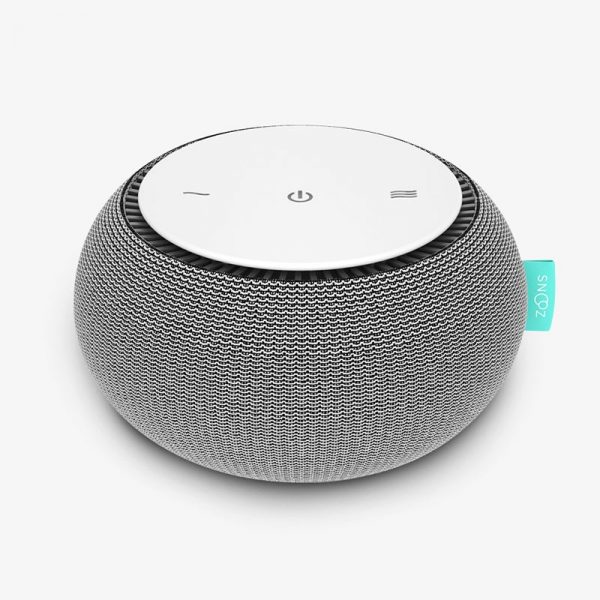
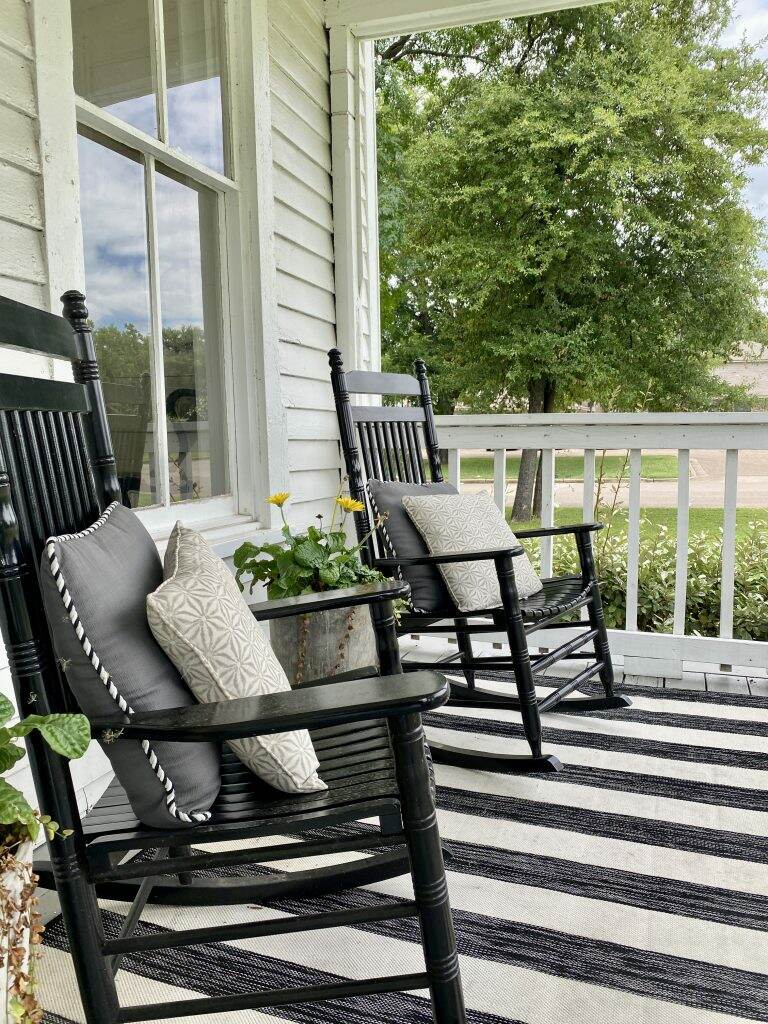

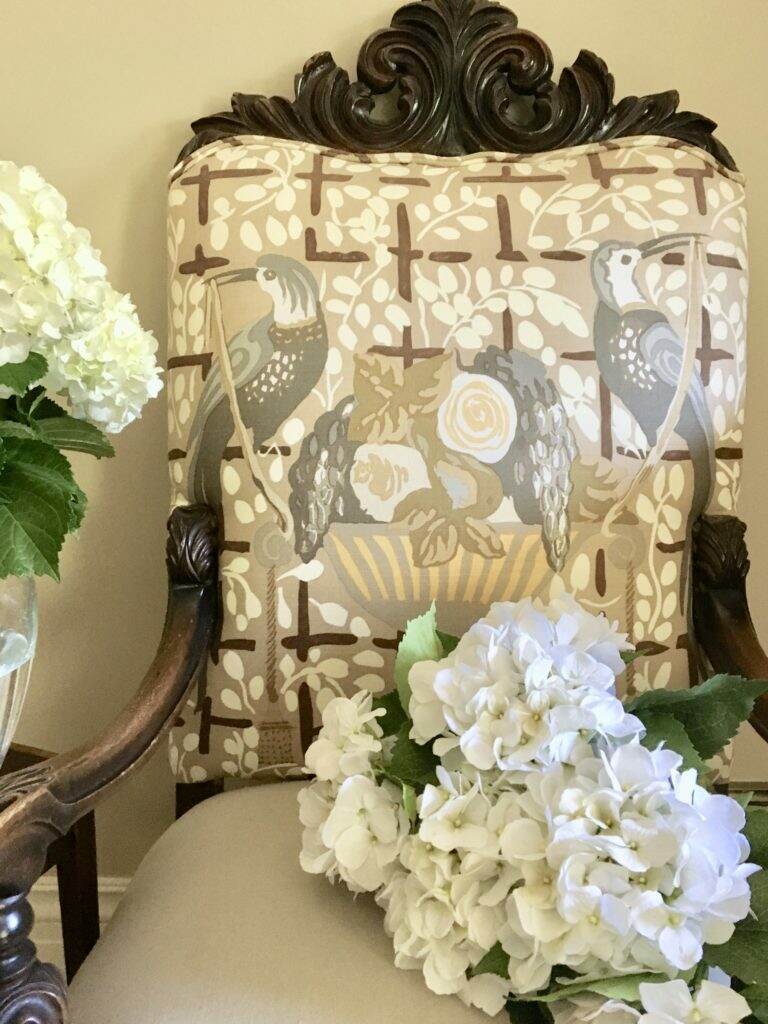

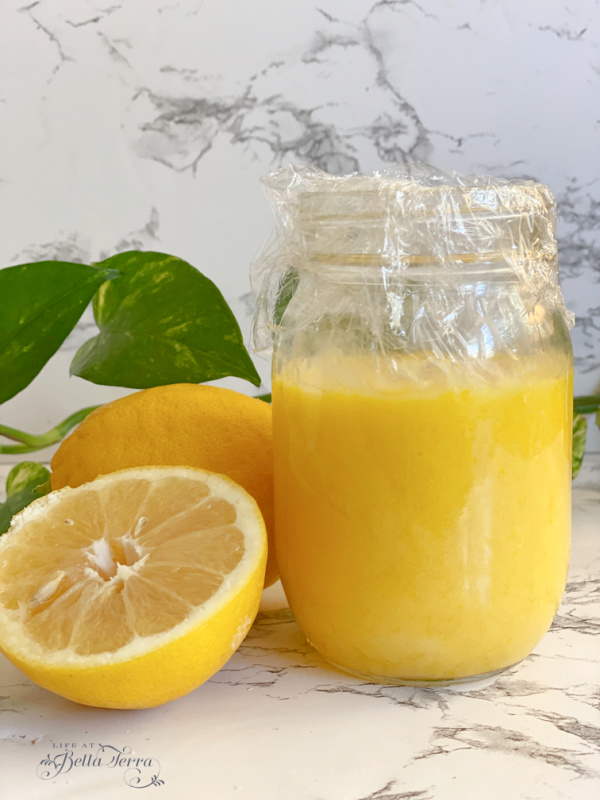
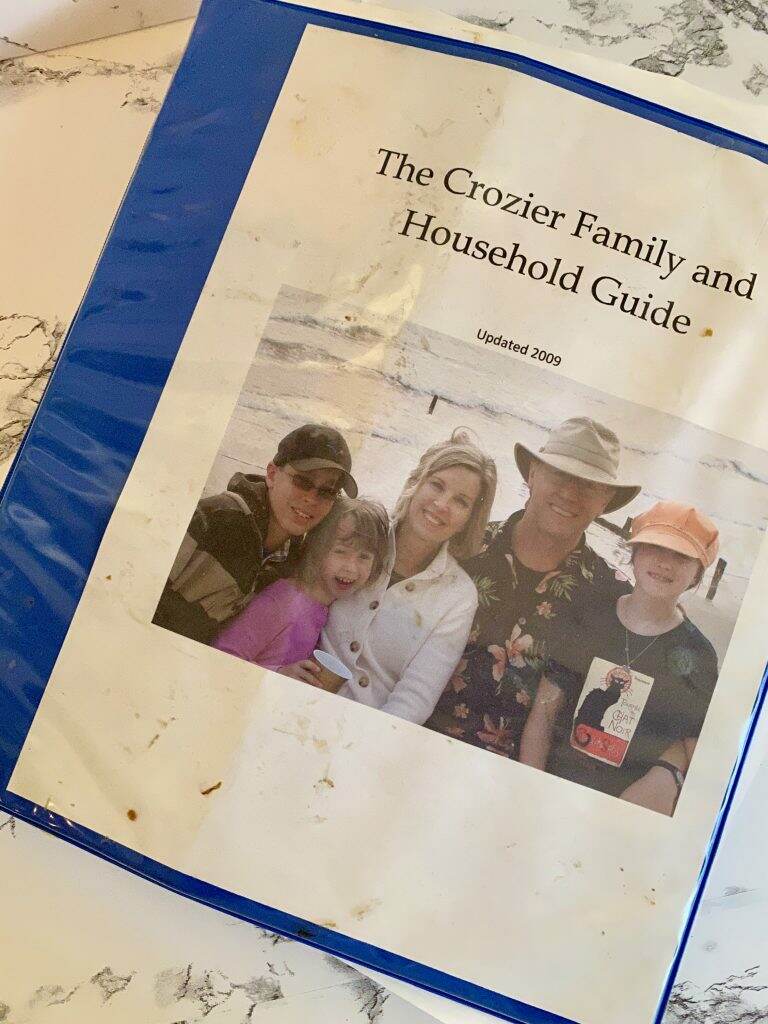
I, too, wake in the midfle of the night. I have done yoga for years (l am now 80),and find yoga breathing puts me back to sleep. There are several methods, but a 6 second inhale, 6 second hold, and 6 second exhale, repeated 3 times works
for me.
Pat, good for you for doing yoga for years! I do it occasionally and it is hard, but so beneficial! The breathing technique does work. Thanks for sharing!
GREAT post Mary – I’M certainly in it with you! Thanks for doing the research. I love the daylight clock too, and often have it play some dancy music in the morning so I want to get out of bed and move around! 🙂
Have a lovely rest of your week my friend!
IF YOU WAKE UP AROUND 3 am it has something to do with your lungs says my FUNCTIONAL DOCTOR!Which I do and I do have a lung disease!
I would get that phone out of your bedroom because even if you have it turned off and have good hearing you can hear those dings……….buy an old fashioned alarm clock if you need to be up at a certain hour!Not expensive at the local Pharmacy.I find putting another pillow over my head helps greatly if I do wake up to go PEE!It takes a few minutes maybe more but I do drift back to a DEEP SLEEP!Lets hope its REM!
Yep…2:30-3:00am…until 5:00am… I’ve always been a “morning person”…I wake up ” ready to go”…however, I evidently am not getting “enough” sleep…if I get 5-6 & a 15 minute afternoon snooze…well, welcome to my life “in the 70’s.” franki
Franki, I’ve been finding that I wake up too in the middle of the night. I’m going to research that and see if there are some good ideas on how to turn that around. I try counting backwards from 1000, or praying..sometimes it works and other times it doesn’t. I don’t nap but that might be helpful. Thank you so much for always sharing your thoughts! I love your comments.
What a helpful article! I’ve been disciplining myself to get more sleep for the past year. My typical 5 1/2 hours was nonsense. I used to tell myself that, if I didn’t fall asleep easily, I must not need the sleep. Nonsense. Thank you for these tips and tricks!
Barbara, I certainly couldn’t survive on 5 1/2 hours for long! Typically 7 will do it for me but when I’m pondering something I just get interrupted sleep which is the worst! Glad you are sleeping more. You certainly deserve it!
Great post Mary! I learned a lot about the REM patterns! My daughter gave us a Hatch clock for Christmas which is terrific. Gives you a 30-minute reading light then switches to background noise. I chose Calm Ocean. This runs all night until the Sunrise alarm comes on with a light that gently brightens and ends with waking music. All is managed from my phone. While I have never had trouble with sleep, this has improved mine greatly. I wake much more rest even though it is at 4 am! Thanks again for the info and I look forward to your self-care series! We can all use a little zhuzhing in our personal routines.
Holly, thanks for sharing the Hatch clock. I will have to check that out..it sounds fabulous, especially as it has improved your sleep. Thanks for letting us know!